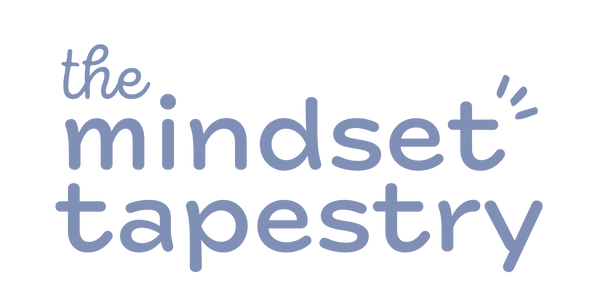Deanna: Lauren, it’s great to have you here. Can you start by defining your role as a conscious parenting coach and what drives your purpose?
Lauren: Sure! I began my journey as a behavior consultant while I was a grad student in 2017. My focus was on teaching parents and teachers about the root causes of behaviors and strategies to support children in learning new skills. Over time, I realized there was a critical piece missing. To help kids regulate their emotions, adults need to learn to regulate theirs first. So, I expanded my approach to include emotional regulation and healing the nervous system for parents, leading to workshops, posts, retreats, and my own personal growth.
Deanna: That’s fascinating. What’s the most common mistake you see parents make regarding undesirable behavior?
Lauren: One big mistake is not following through with set boundaries. A healthy parent-child relationship includes boundaries that help children feel safe, giving them clarity on expectations. For instance, if a child hits another child, some parents might adopt a “gentle parenting” approach and just remind the child, “We don’t hit.” But when the child hits again, that doesn’t help. Instead, it’s important to move the child to a safe space and teach them the skills they need for successful interactions.
Deanna: Great point. What can parents do if their child is experiencing a meltdown or emotional dysregulation?
Lauren: The key is co-regulation. Children don’t inherently know how to regulate their emotions. When a baby cries and we hold or rock them, they calm down. Similarly, when kids fall and we help them, it gives them the safety to try again. Co-regulation means being calm and present even amidst their chaos. This can look like hugging them, taking a walk together, or just sitting quietly by their side.
Deanna: That makes so much sense. With The Mindset Tapestry’s focus on children's mental wellness, do you believe parenting styles influence long-term self-esteem?
Lauren: Absolutely. Parenting styles come with core beliefs and values. If a parent values obedience and control, it can instill feelings of shame in children about their inherent worth. All children are inherently good, and parenting styles that focus on emotional connection, like gentle or conscious parenting, nurture their self-image.
Deanna: What’s your biggest tip for parents who want to raise their kids gently while ensuring they listen and are respectful?
Lauren: I love the volcano analogy I created with my kids. Instead of just focusing on the “explosions” of behavior, look at what’s happening in the “lava.” What factors are contributing to those eruptions? Stay curious about the behavior and help your child learn skills to manage their own lava, preventing those explosive moments.




